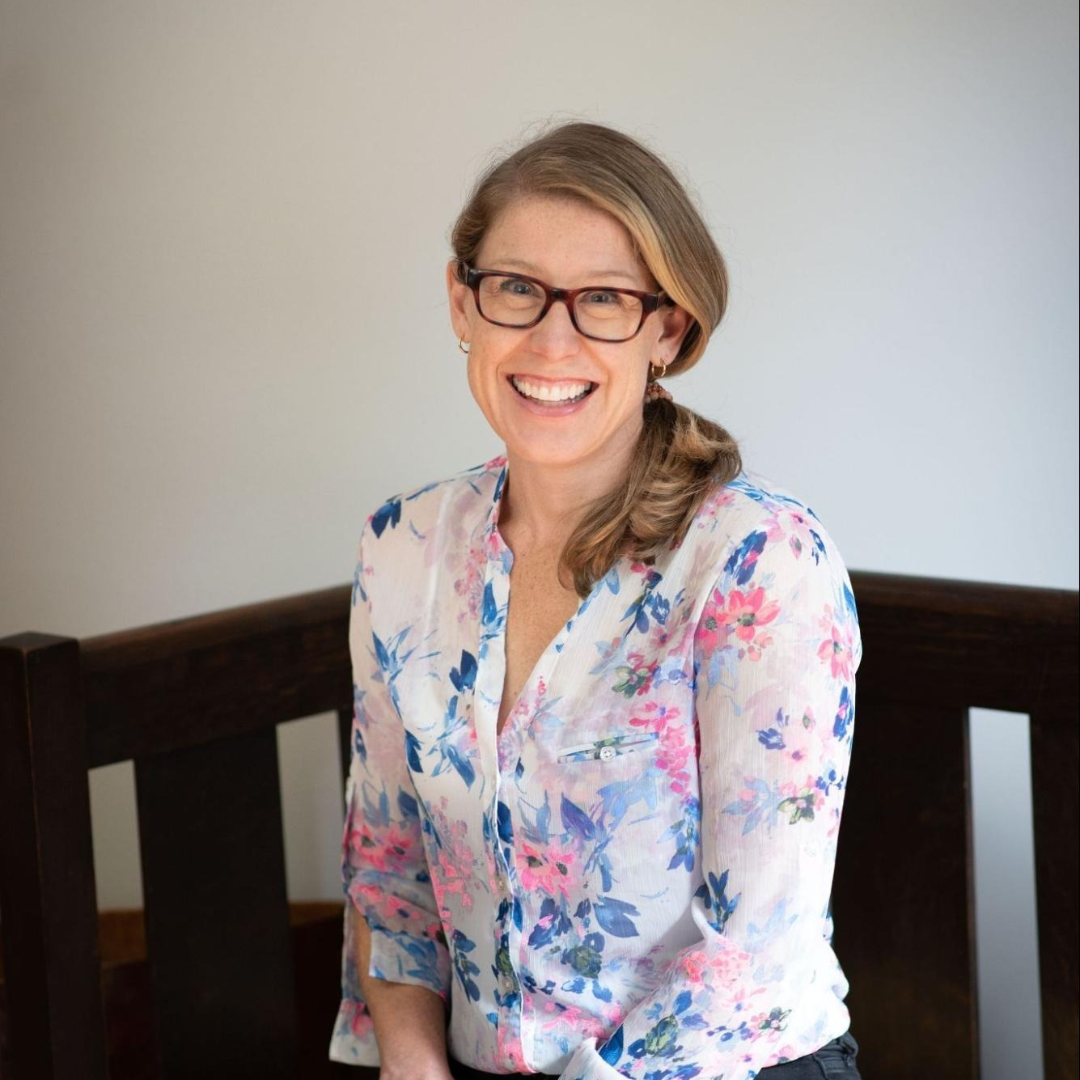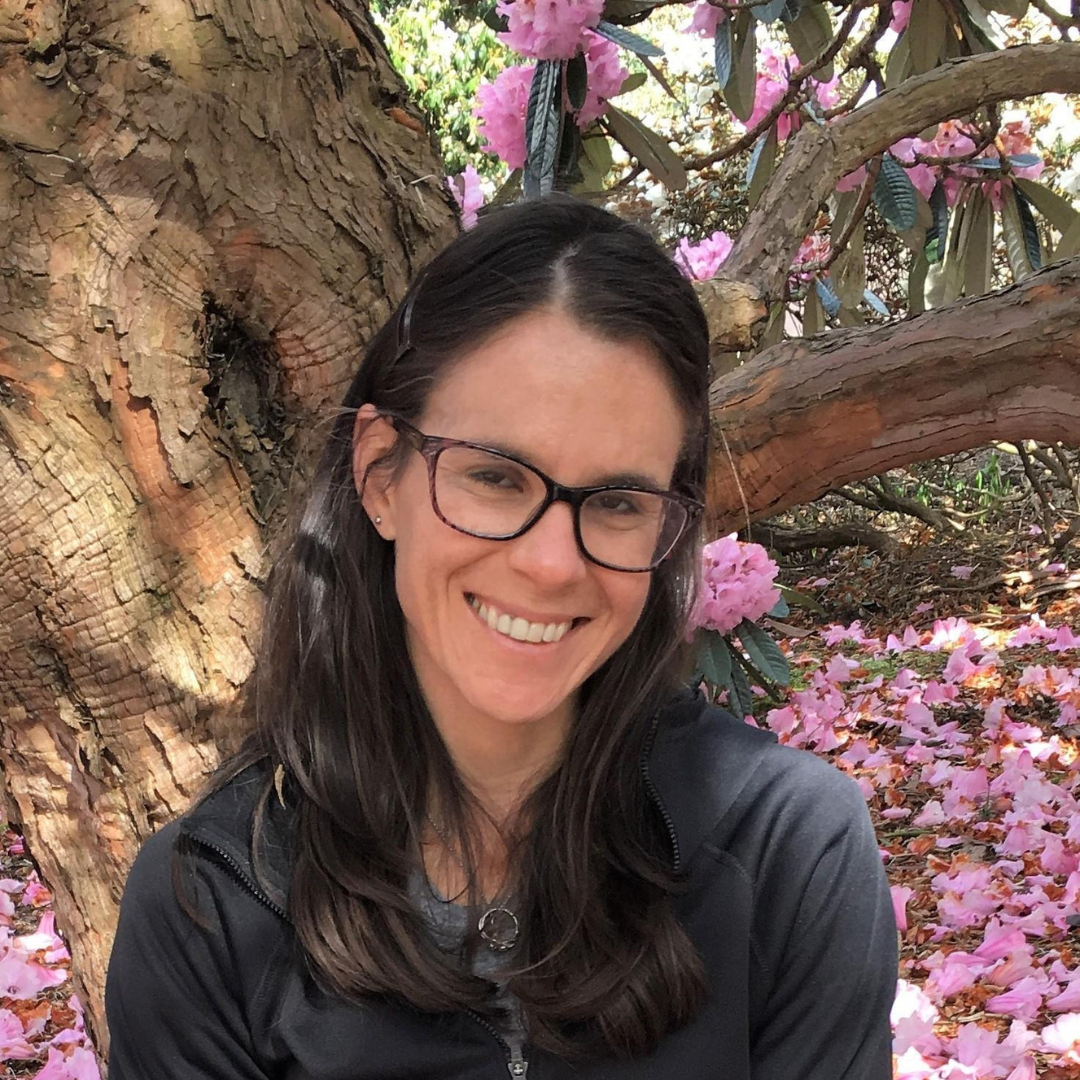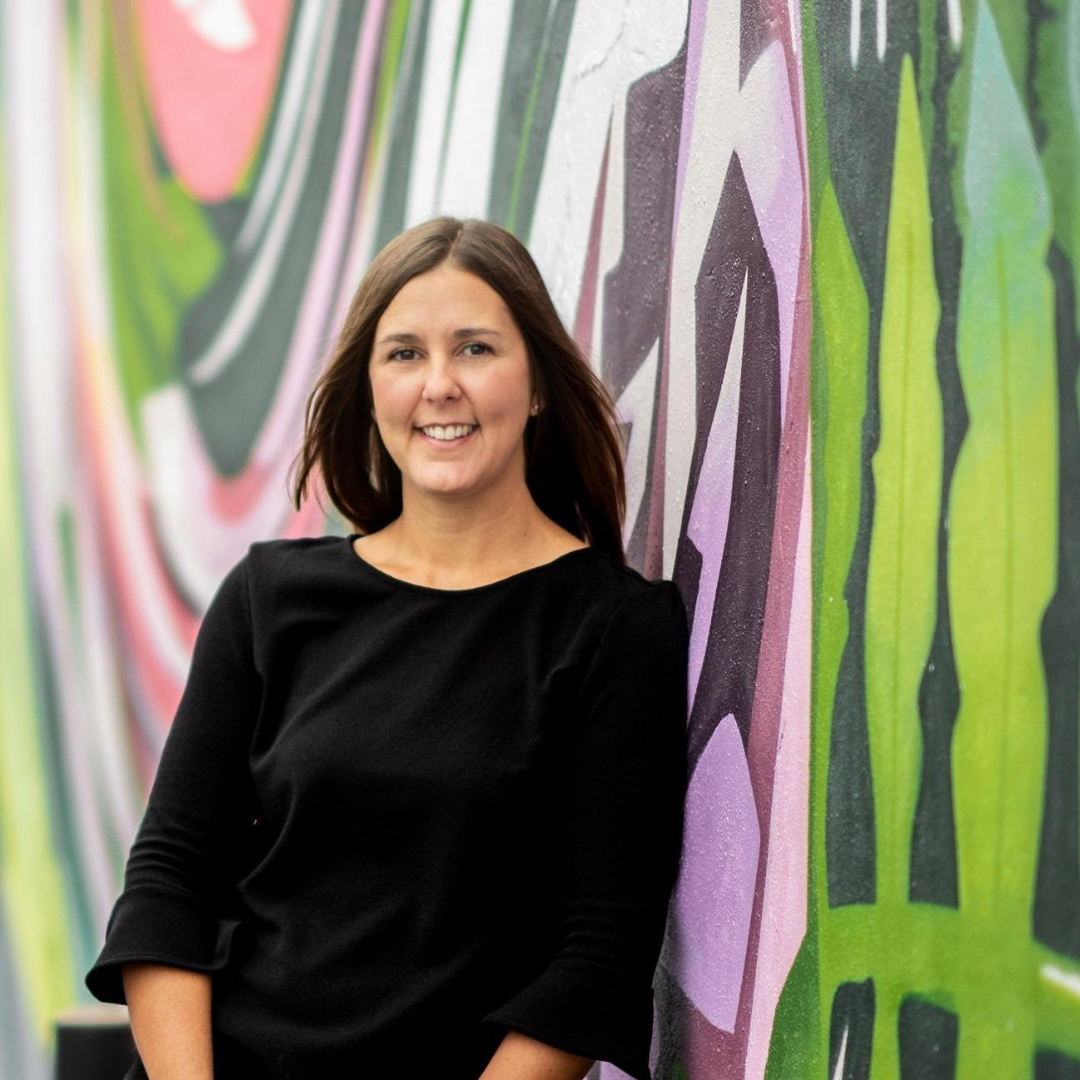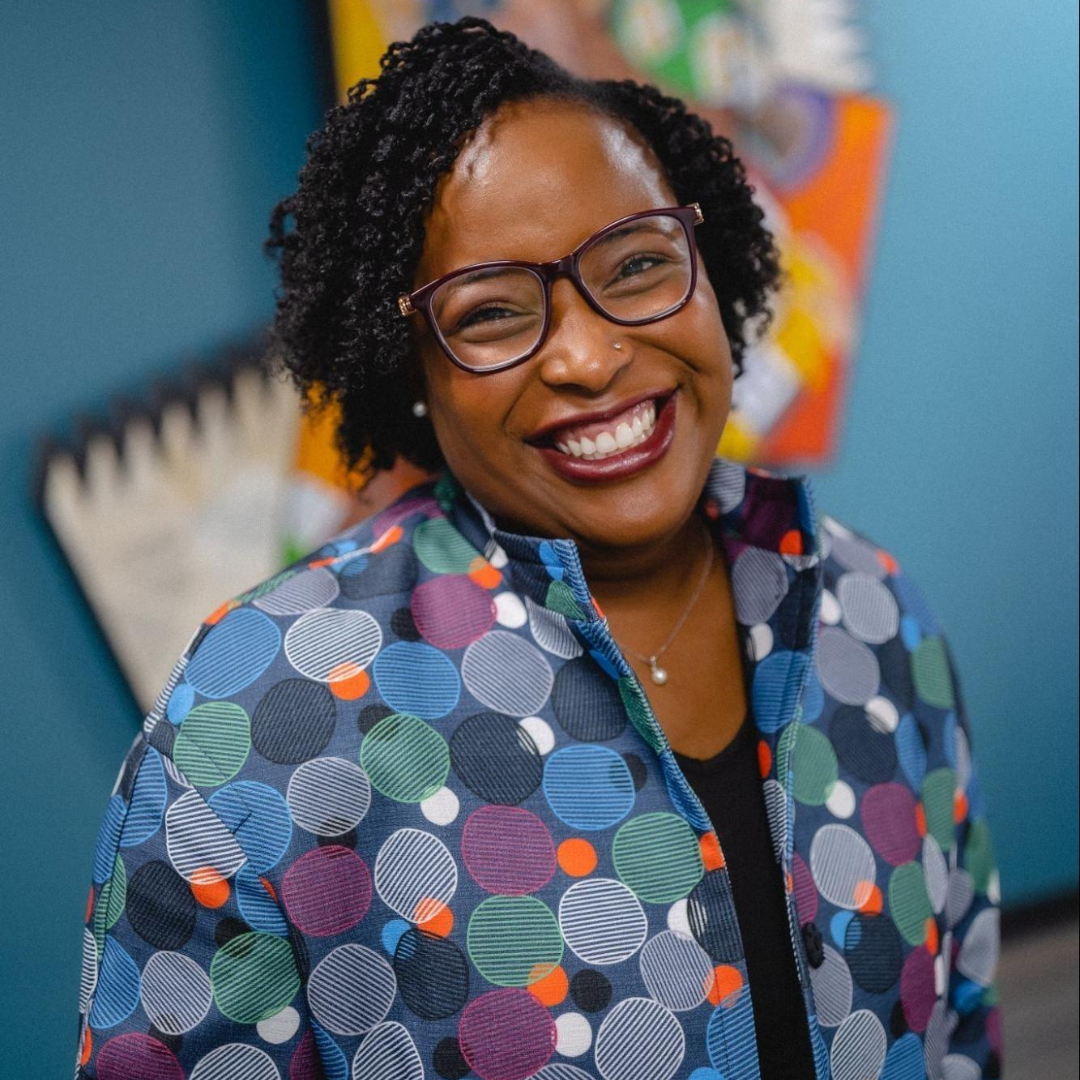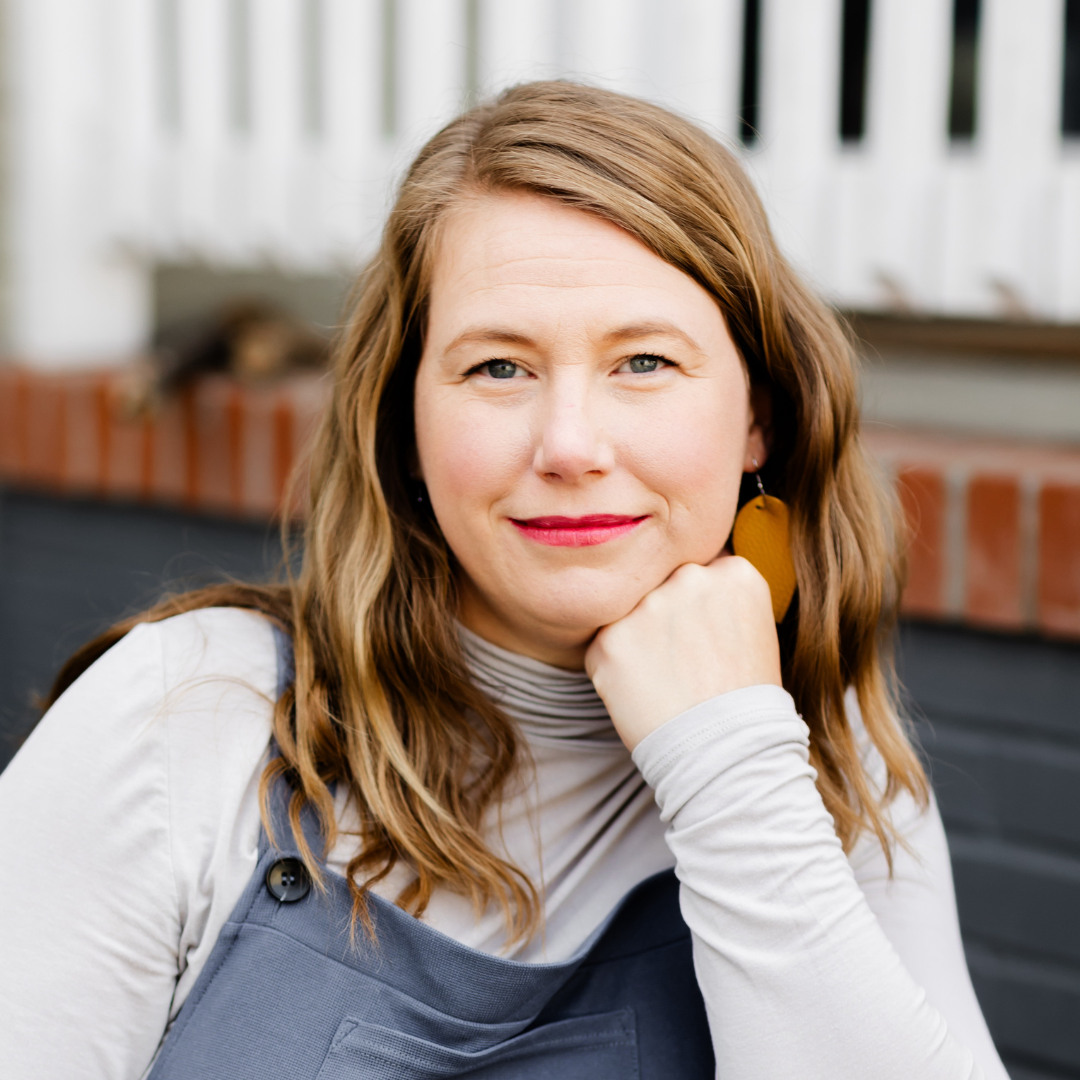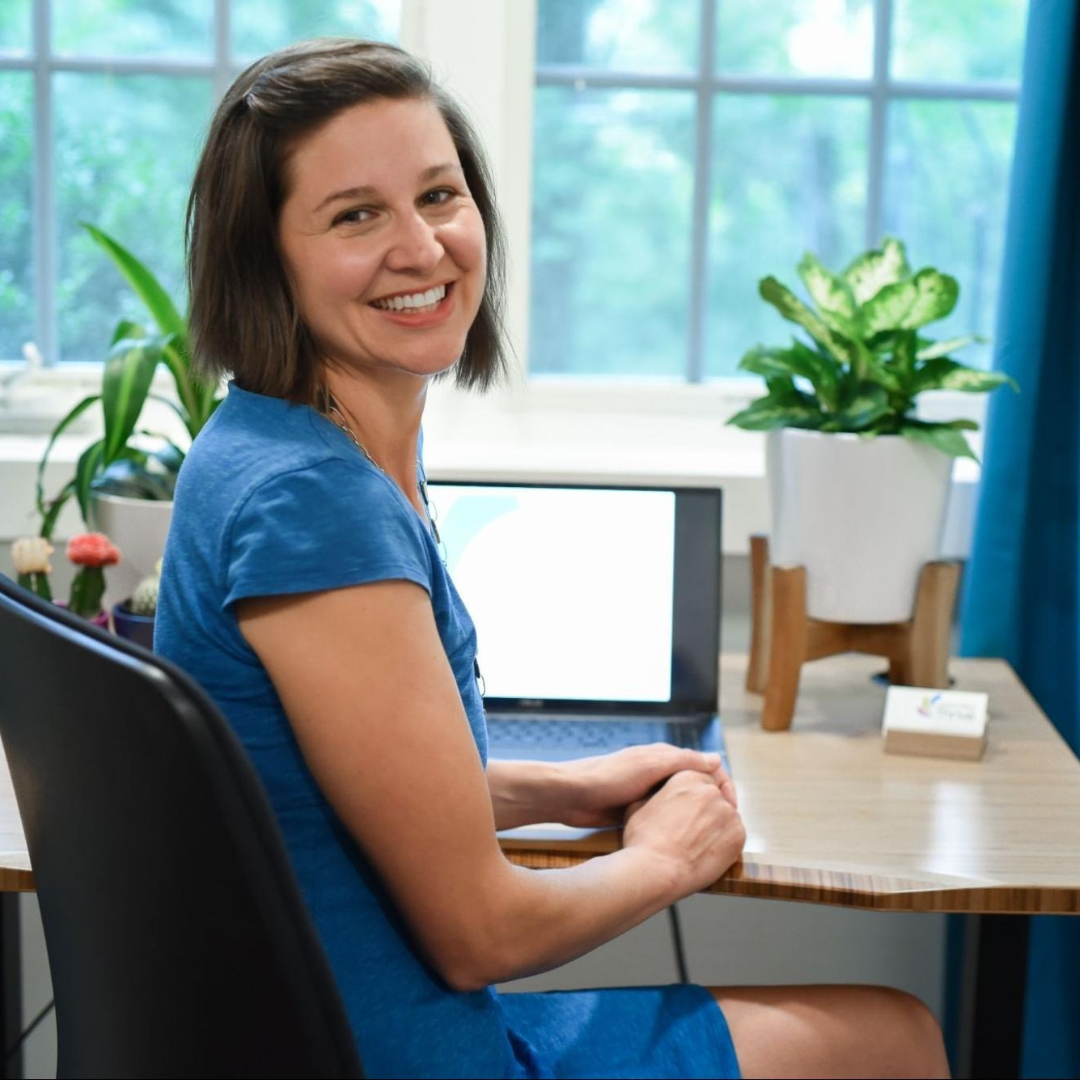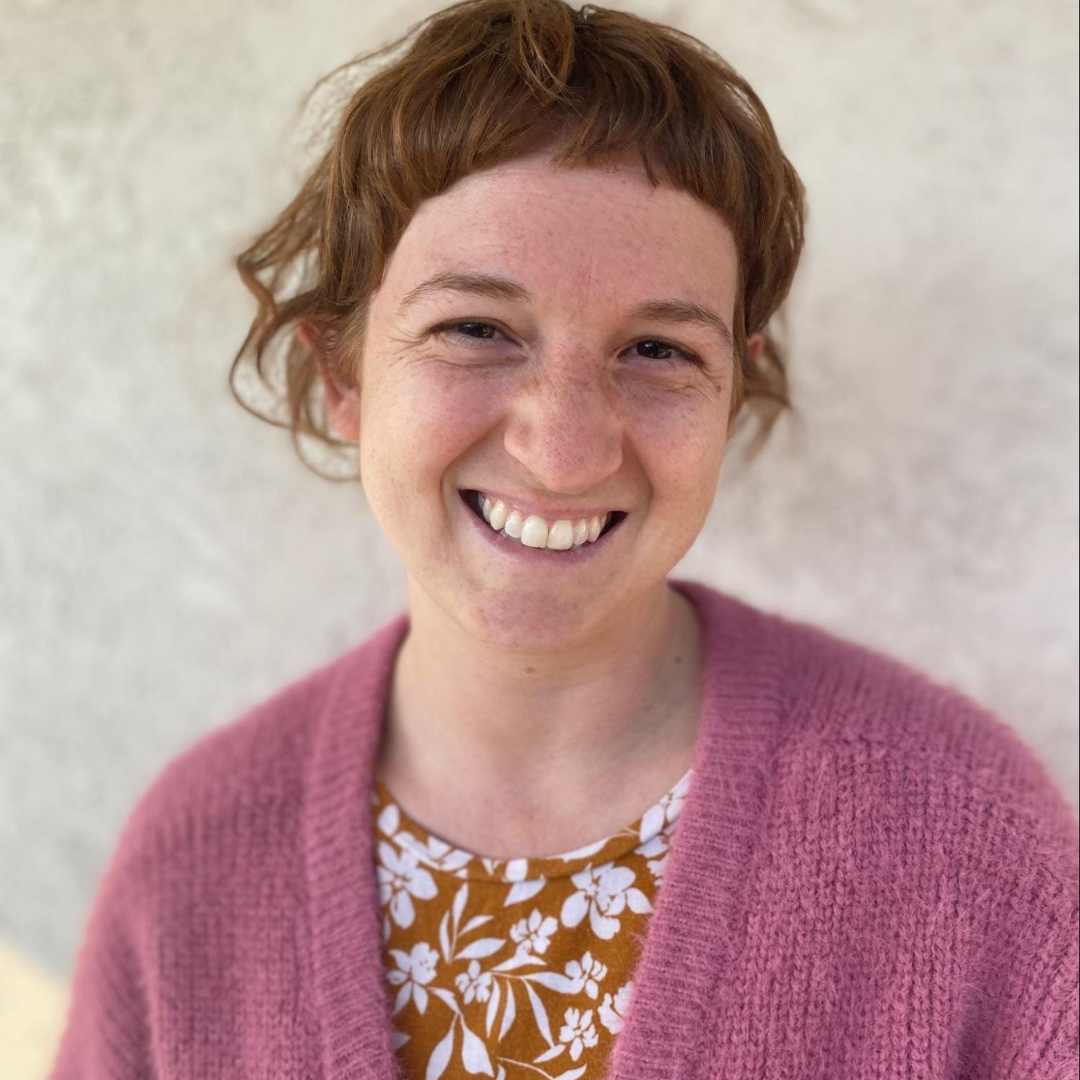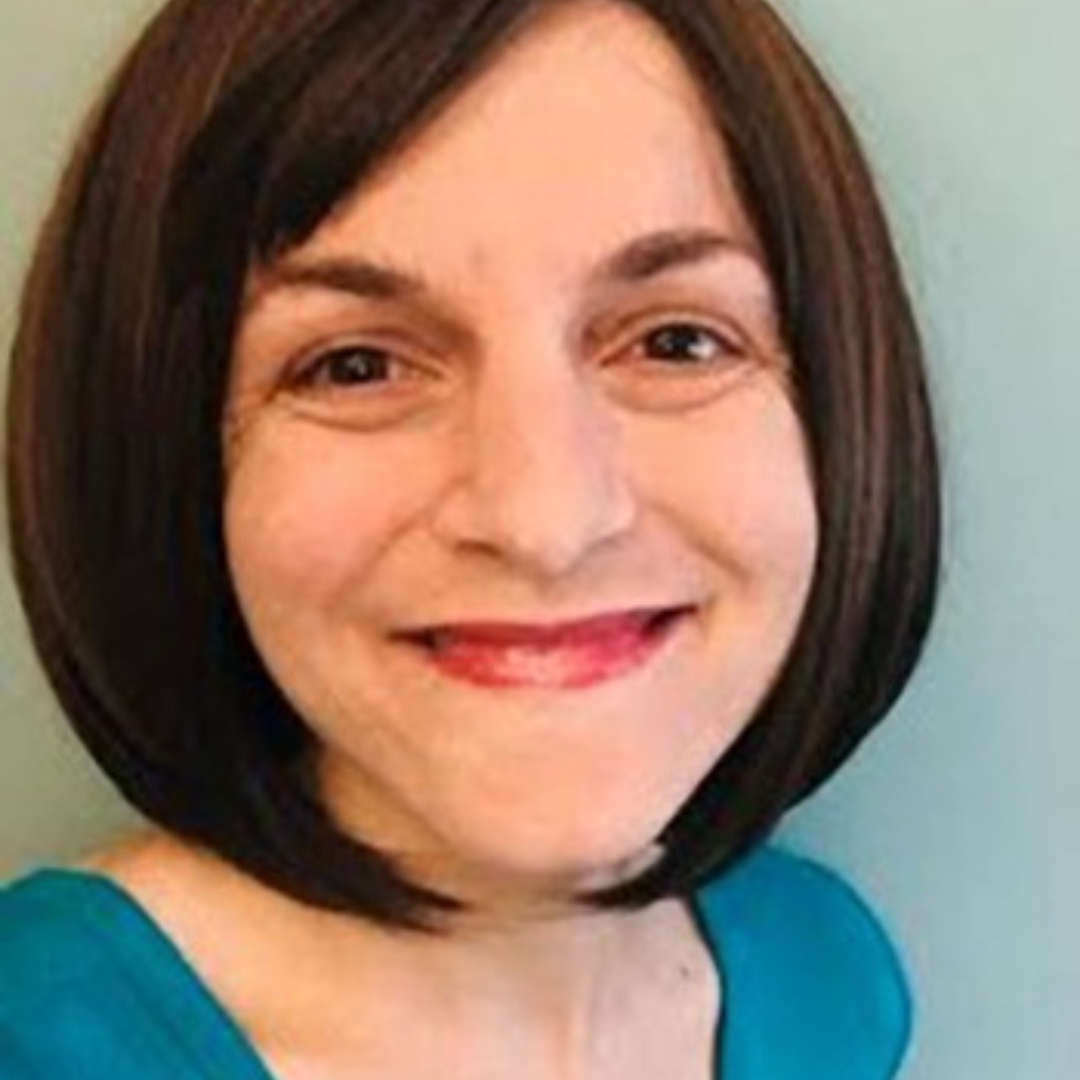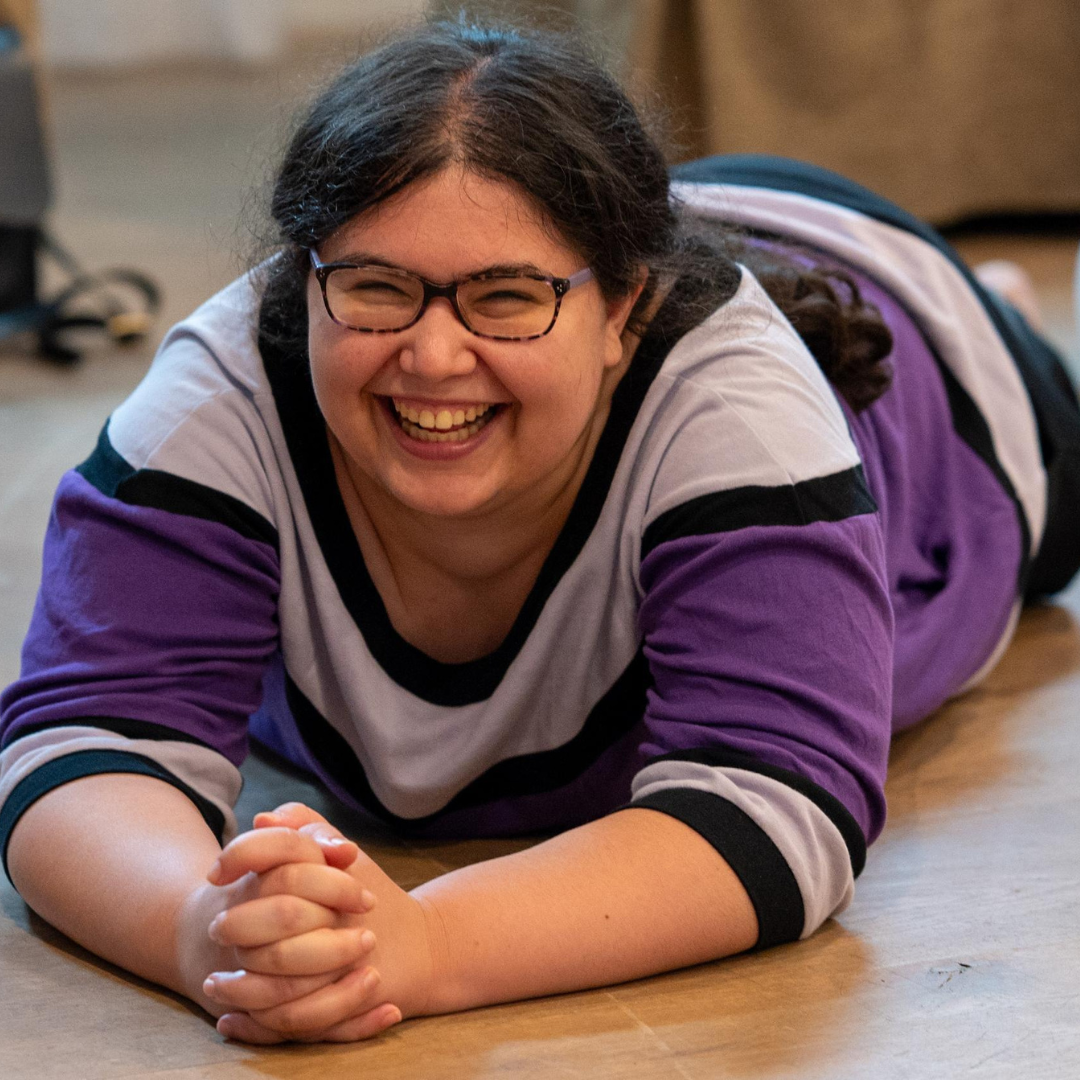I’m Not Getting Dressed!
Empowering everyday strategies for sensory sensitive kids
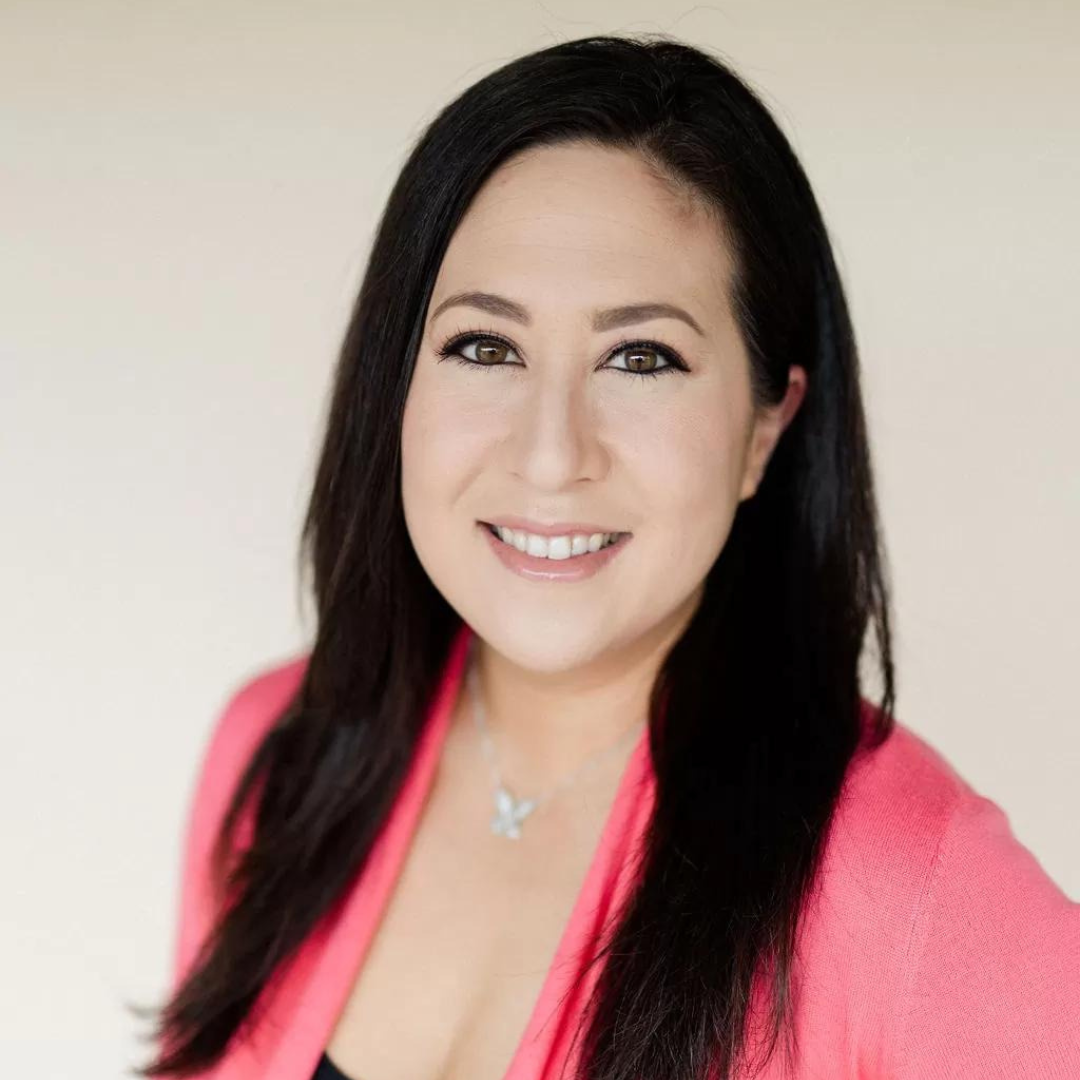
Autistic people experience the sensory world differently. For parents, a child's intense sensory response to everyday things (like getting dressed!) can feel baffling and turn quick routines into exhausting experiences for everyone. In this talk, OT Laura Petix will help you discover how to support your child's sensory sensitivities in a way that is gentle, approachable, kind, and effective. Laura Petix is an occupational therapist, mom to a neurodivergent kid, the author of A Kid's Book About Neurodiversity, and the owner of The OT Butterfly.

